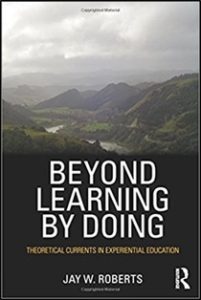The power of citizen science
Citizen science is the involvement of the public in scientific research – whether community-driven research or global investigations. The Citizen Science Association unites expertise from educators, scientists, data managers, and others to power citizen science.
- Citizen science projects actively involve citizens in scientific endeavour that generates new knowledge or understanding. Citizens may act as contributors, collaborators, or as project leader and have a meaningful role in the project.
- Citizen science projects have a genuine science outcome. For example, answering a research question or informing conservation action, management decisions or environmental policy.
- Both the professional scientists and the citizen scientists benefit from taking part. Benefits may include the publication of research outputs, learning opportunities, personal enjoyment, social benefits, satisfaction through contributing to scientific evidence e.g. to address local, national and international issues, and through that, the potential to influence policy.
- Citizen scientists may, if they wish, participate in multiple stages of the scientific process. This may include developing the research question, designing the method, gathering and analysing data, and communicating the results.
- Citizen scientists receive feedback from the project. For example, how their data are being used and what the research, policy or societal outcomes are.
- Citizen science is considered a research approach like any other, with limitations and biases that should be considered and controlled for. However unlike traditional research approaches, citizen science provides opportunity for greater public engagement and democratisation of science.
- Citizen science project data and meta-data are made publicly available and where possible, results are published in an open access format. Data sharing may occur during or after the project, unless there are security or privacy concerns that prevent this.
- Citizen scientists are acknowledged in project results and publications.
- Citizen science programmes are evaluated for their scientific output, data quality, participant experience and wider societal or policy impact.
- The leaders of citizen science projects take into consideration legal and ethical issues surrounding copyright, intellectual property, data sharing agreements, confidentiality, attribution, and the environmental impact of any activities.
Resource Books:





